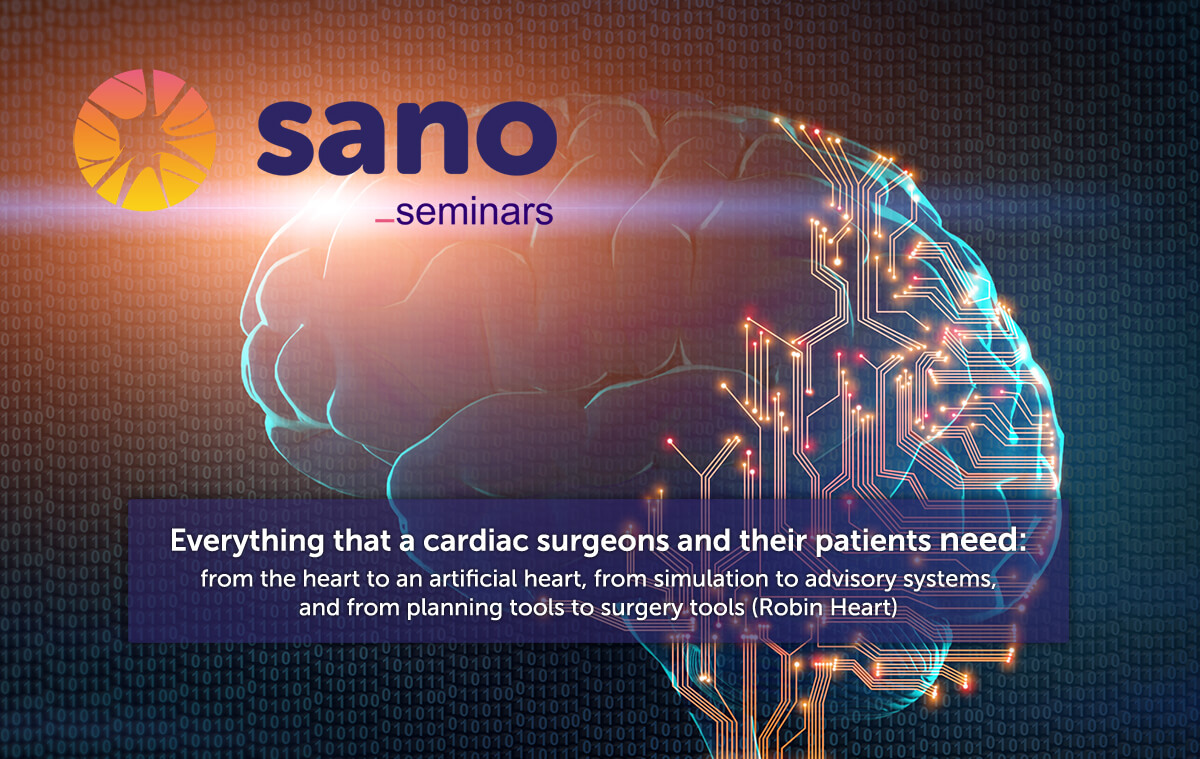Abstract
The heart is still a challenge – cardiac failures, diagnostics, operations, rehabilitation – are associated with unacceptable risks: statistical for the population and personal risk for each of us. Risk occurs at every stage – from decisions made to the type of therapeutic actions taken by the doctor. Surgery is a specific type of medical activity that uses direct physical methods of intervention in a body area damaged by illness or injury. The operation is a part of the patient’s treatment strategy. Surgical planning provides a possible and effective approach to use available resources (tools, team, equipment, biological or artificial materials) for the creation of a specific impact (using physical, chemical, biological phenomena) on biological tissues.
Foundation of Cardiac Surgery Development (Fundacja Rozwoju Kardiochirurgii, FRK) was established in 1991 and its main goal has been to support the development of Polish cardiac surgery as well as to introduce into clinical usage modern technologies of heart treatment, including introduction of first Polish mechanical heart assist prosthesis & Robin Heart surgical robot. We have a Polish mechanical heart support system that has been working effectively since 1993 – as example from about 400 applications: the patient was supported for the longest time for almost two years.
In my team, we have been developing the use of computer simulation of surgical operations and the use of physical modeling to improve the patient-specific decision making process for many years. We have also designed and tested many robot (surgery telemanipulator) models called Robin Heart in vitro & in vivo (on animal experiments). The introduction of methods of cellular engineering, information engineering, planning and operation management engineering, robotic surgeon’s tools allows for greater precision and effectiveness of operations as well as faster improvement and standardization of surgery. The less invasive the surgical intervention and the further the surgeon is from the operating table, the greater the roles of decision support systems (AI) and performance of specific tasks (by medical robots). Artificial intelligence and robots are part of the evolution of humanity and medicine.

Author
Zbigniew Nawrat
Chair and Department of Biophysics, Faculty of Medical Sciences in Zabrze, Medical University of Silesia; Professor Zbigniew Religa Foundation of Cardiac Surgery Development; Heart Prostheses Institute; International Society for Medical Robotics; Member of the Sano International Scientific Committee – Zabrze, Poland
Date and time
Monday, 13 July 2020, 2:00-3:30 PM (CEST)




